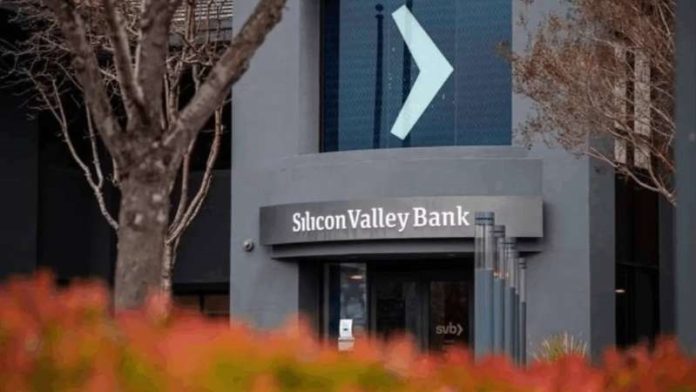While the circle of anticipation expands as to what will result from the development of the crisis of the collapse of 3 US banks, with the possibility that the crisis will extend to other banks during the coming period, the US President Joe Biden announced his commitment to holding those responsible for this chaos accountable and continuing efforts to strengthen supervision and regulation of major banks “so that we do not find ourselves in this situation again.”
Despite the measures taken by the US administration to prevent the bankruptcy of new banks, while advancing it with a series of emergency measures to enhance confidence in the banking sector, eyes are watching the scene from two perspectives, the first is global in anticipation of a repeat of the 2008 crisis, which also started from America when the mortgage crisis erupted and which extended at that time to eliminate major financial institutions, not only in Washington, but in many markets and countries, which cast a negative shadow on the financial markets and the banking industry at the time (its repercussions are still present, affecting certain sectors and financial entities until now).
As for the other aspect of anticipation, it is represented in the extent of the reflection of the American situation today on the markets of the region, especially the Gulf, and the extent of exposure there to collapsing banks or not, as the investment system has become intertwined, and if the recent developments do not have material effects, there is no doubt that the moral impact will be more present in investment trends and decisions during the next stage.
This comes as Goldman Sachs ruled out raising interest rates at next week’s meeting, in light of the recent pressures on the financial sector, while other reports expect it to raise interest rates by 25 basis points instead of the 50 points that were previously expected.
When Goldman Sachs’ prediction is fulfilled, this will of course be reflected in the Arab Gulf region, which usually follows the “Fed” in its movements on interest pricing, which would give the financial markets in the region the opportunity to catch a breath after the recent declines.
In terms of Gulf markets, the Saudi-Iranian agreement regarding the return of diplomatic relations had a positive impact in limiting the negative impact on the American scene.
On the domestic front, the Kuwait Stock Exchange indices witnessed mixed performance yesterday. After starting in a balanced range, it closed down by the end of the session, as the general index lost 20.69 points, while the first market fell 20.19 points, the main one 24.73 points, and “main 50” 24.82 points.
The shares of banks recorded relative cohesion in light of the presence of buying desires at the current prices, while the shares of “KFH”, “Watani”, “Boubyan”, “Zain”, “Aayan” and “KIB” captured the majority of the liquidity traded during the session, as it accounted for 22% or 18 million dinars out of 35.8 dinars traded throughout the stock exchange.
Eight Kuwaiti banks listed on the Kuwait Stock Exchange confirmed that they are not exposed to the Silicon Valley Bank, which was closed by the US authorities following its bankruptcy last week.
The Warba Bank, Boubyan Bank, Kuwait International Bank (KIB), Al-Ahli United Bank, the Gulf Bank, the Commercial Bank, Al-Ahly Bank, and Burgan Bank stated in separate disclosures on the Kuwait Stock Exchange website yesterday that it has no direct or indirect exposure to Silicon Valley.
While the National Bank of Kuwait announced that its exposure to “Silicon Valley” is only in off-balance sheet items in the form of letters of guarantee worth $4.9 million (equivalent to about 1.5 million dinars), indicating that this matter has no material impact on the bank’s financial position.
In turn, the Kuwait Finance House (KFH) stated that its exposure to “Silicon Valley” amounts to about $1.242 million, representing about 381 thousand dinars, and that this exposure does not result in any material financial impact on its position.
The National Industries Group Holding Company achieved a profit of 21.4 million dinars during the past year, equivalent to 10.4 fils per share. The Board of Directors recommended the distribution of cash dividends of 5 fils in addition to 5 percent bonus shares.
The Injazat Real Estate Development Company announced that it has paid an early installment of 3 million dinars from a loan due on July 15 to a Kuwaiti bank.

















